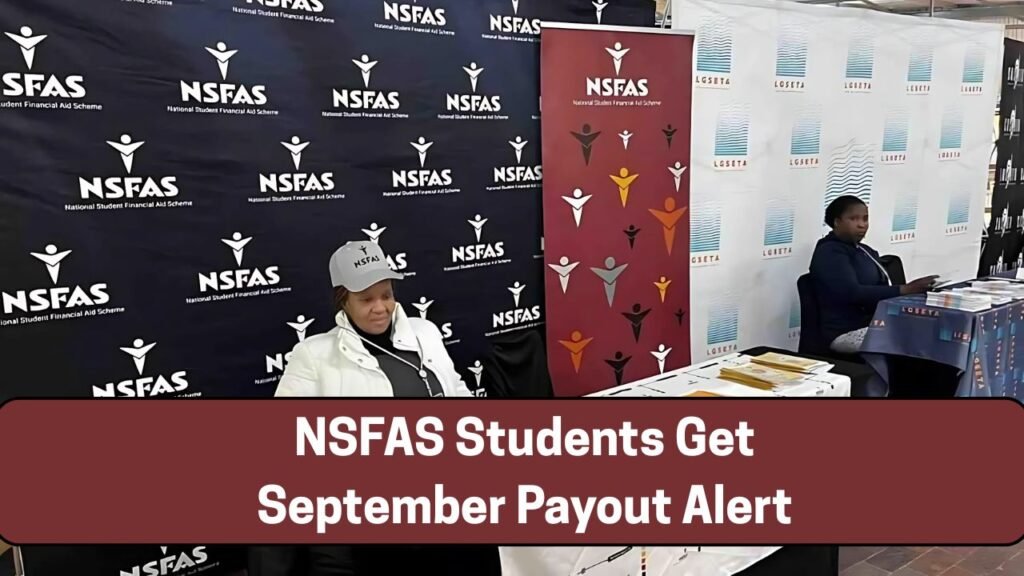NSFAS September 2025 Update: In the realm of higher education in South Africa, the National Student Financial Aid Scheme (NSFAS) plays a pivotal role in supporting students who require financial assistance. As September 2025 unfolds, students eagerly anticipate the R5,200 allowance payout schedule, a critical lifeline for many. This update brings good news, as the allowance aims to alleviate financial burdens and ensure students can focus on their studies. Understanding the schedule and how it impacts daily life is crucial for beneficiaries who rely on these funds to cover essential expenses such as accommodation, textbooks, and transport. Here, we delve into the details of the September 2025 update, highlighting what students need to know about the allowance payouts and how these funds can be effectively managed.

Understanding the NSFAS Allowance Payout Schedule for September 2025
Knowing the exact dates and procedures for the NSFAS allowance disbursement is vital for students planning their monthly budgets. In September 2025, the R5,200 allowance will be distributed according to a schedule designed to ensure timely access to funds. This schedule considers both university and TVET college students across South Africa, accommodating academic calendars and institutional needs. Typically, the allowance is divided into monthly payments, with September’s payout reflecting the continued commitment of NSFAS to support student needs comprehensively. This structure helps avoid financial strain by providing a predictable income that students can count on, thus allowing them to focus on their academic commitments without the distraction of financial instability.
Maximizing the Benefits of the R5,200 NSFAS Allowance
While receiving the NSFAS allowance is a significant relief for many students, managing these funds prudently is essential. The R5,200 monthly allowance is designed to cover various expenses essential for student life. To maximize the benefits, students should prioritize spending on necessities such as accommodation, food, and learning materials. Creating a budget that allocates funds accordingly can prevent overspending and ensure that money is available throughout the month. Additionally, students should explore opportunities to supplement their allowance through part-time work or scholarships, which can provide a financial cushion and enhance their university experience. Financial literacy programs offered by universities can also be advantageous, equipping students with the skills to manage their finances effectively.
Impact of NSFAS Allowance on Student Life in South Africa
The NSFAS allowance has a profound impact on student life, significantly influencing both academic performance and overall well-being. For many, this financial support is the difference between continuing their education and having to drop out due to financial constraints. The R5,200 allowance helps bridge the gap, enabling students to afford necessities that might otherwise be out of reach. This support not only facilitates academic success by allowing students to focus on their studies without constant financial worry but also contributes to a more fulfilling university experience by providing access to resources and opportunities. The positive ripple effect of the NSFAS allowance underscores its importance in nurturing a skilled and educated workforce in South Africa.
The Future of NSFAS Funding and Student Support
Looking ahead, the future of NSFAS funding remains a critical topic for discussion among policymakers, educators, and students alike. As the demand for higher education grows, so does the need for sustainable and effective financial support systems. NSFAS continues to evolve, with ongoing deliberations about the expansion of funding and the introduction of new initiatives to better serve South Africa’s diverse student population. Future strategies might include increased digitalization of application processes, enhanced support for students with disabilities, and more robust partnerships with private and public sectors. These developments aim to ensure that NSFAS remains a cornerstone of educational support, adapting to the changing landscape of higher education and the varied needs of students across the nation.



